Ep 36: Our changing industry – Do we fear or embrace change?
Podcast: Play in new window | Download
Subscribe: Apple Podcasts | RSS
I’m excited to share this podcast with you for a couple of reasons. One, Melissa Kakavas and I met and connected several years ago while in the Balanced Body faculty training. We were thrust together spontaneously to make some videos for their enthusiasts collection, but had never even met. It’s not all that often that you meet someone and you instantly feel like “I get you.” Making videos is not easy, period, but trying to make videos WITH someone you’ve never met is, well…close to delusional. Somehow we just jived and that was that. Since then, we’ve developed a special kindred friendship.
The second reason is because there is a really sweet, and unexpected, connection we make toward the end of the podcast that is going to set you up for the release of episode 37 with Debora Kolwey where we talk about the mind’s habit to compare; the need to see things as black or white, right or wrong, better or worse. This is an important idea and really relevant to the teaching environment. I think you’re going to enjoy the flow from this conversation to the next.
And, there is a third reason, and that’s because the foundation of our conversation (although we don’t get to it for a while) is all about values. In the Skillful Teaching cohort we talk about values as Core Commitments, which is a term I stole from meditation teacher and author Sally Kempton. But no matter what you call them your values, what you’re most committed to is the river you’re floating in. And that river is not only ever-flowing, but it is also ever-changing. It is also the thing that can set you apart, help you stand out, carve out a niche, but above all else it’s literally what buoyies you to a good life worth living. Not an endlessly happy and perfect life, but a good life, one in which you can navigate all the suffering, changes, and ups and downs and still say I’ve grown a lot, learned a lot, and loved a lot.
I don’t want to draw this out too much longer, but I will say that I’ve also been titillated lately by a new book (many of you know I’m a total bibliophile), called “The Subtle Art of Not Giving a F*ck” by Mark Manson, which is all about giving a fuck; it’s all about values. It’s not only super funny, it’s also pretty right on when it comes to why we struggle so much in life and how we might struggle less if we just decided what we value.
This is a lengthy conversation, but well worth it especially if you find yourself struggling with how to navigate the challenges of our industry growing by leaps and bounds and deciphering a way to not only stand out and stay afloat, but stay true to your passion and reasons for teaching.
Enjoy!
About Melissa Kakavas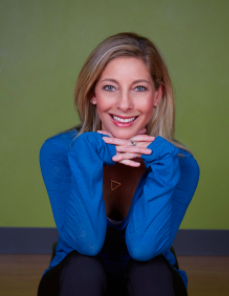
Melissa Kakavas is the Director of Pilates Education and Programming at EVOLVE Movement in Raleigh, North Carolina. She is also a master instructor for Balanced Body and has been teaching and mentoring teachers for the past ten years. Melissa originally found Pilates in the early 90s while living in New York City and has been practicing and teaching ever since. She also teaches Gyrotonic, Gyrokinesis, and practices Thai Yoga Body Therapy. Melissa”s teaching style is warm and energetic, inspiring a healthy understanding of the body, and a strong passion for movement.
Upcoming Workshop w/ Chantill at EVOLVE Movement
- Saturday, April 29th – Fearless Extension
- Sunday, April 30th – Scoliosis & Osteoporosis Unraveled
For all the details: http://www.evolvemovement.com/events-workshops
Sans Heroes and Pro Tips
This podcast was a bit of an impromptu project, so we’re keeping it low key. We’re forgoing the Heroes and Pro Tips elements of the podcast this time around, but did want to share a few things we mentioned in the podcast with you.
Links and Resources
- The Psychology Podcast with Doctor Scott Barry Kaufmann (were I first learned about Mark Manson. *Caveat: The Psychology Podcast is mediocre but the guests SBK has on his show are almost ALWAYS interesting. A few of my favorites have been:
- “The Subtle Art of Not Giving a F*ck” by Mark Manson
- Exploring Core Commitments:
- Go Your Own Way by Sally Kempton
- Core Commitments: A Personal Inquiry Into Teaching by Chantill Lopez
- The 4 Most Pivotal Teaching Tools For Enhancing Motivation in our Pilates Students and Ourselves
- Part 2 – The 4 Most Pivotal Teaching Tools For Enhancing Motivation in our Pilates Students and Ourselves
Connect With Us
- Email us at thinkingpilatespodcast@gmail.com or use the form below.
- Find us on Facebook at The Thinking Pilates Podcast
Reach us Individually
- Chantill – chantill@skillfulteaching.com
- Phone – (707) 738-7951
- Debora – dkolwey@gmail.com
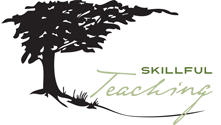
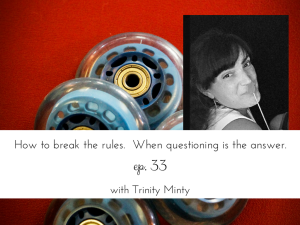
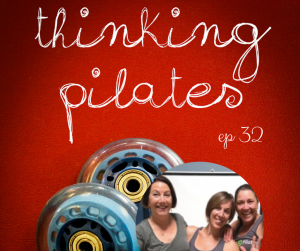
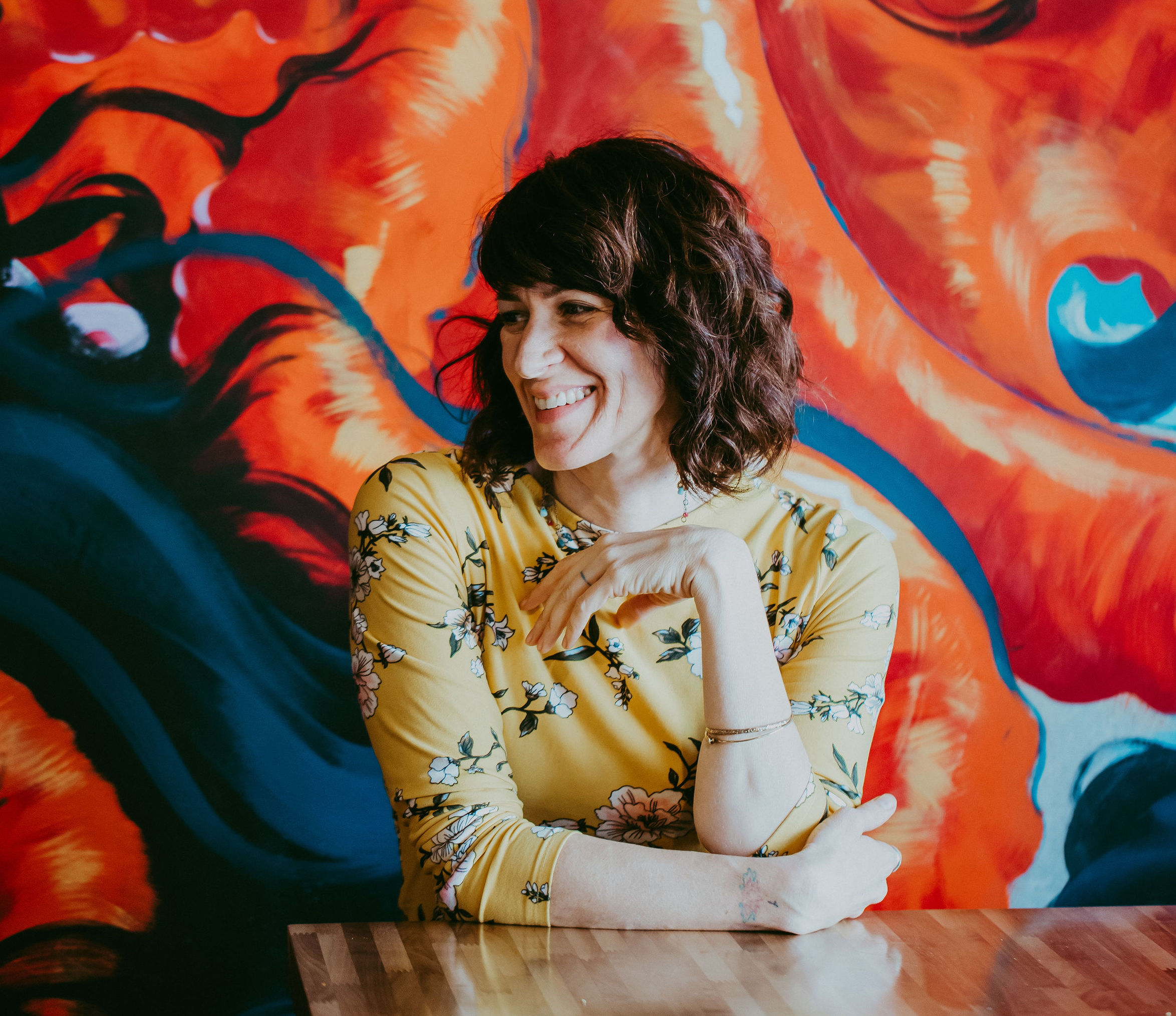 How are you showing up? Why are you showing up? Why do you teach? What IS teaching? Why do you care? This is Skillful Teaching: A Whole-person approach to being an expert teacher, not an expert technician. There's a difference. Want to know what it is?
How are you showing up? Why are you showing up? Why do you teach? What IS teaching? Why do you care? This is Skillful Teaching: A Whole-person approach to being an expert teacher, not an expert technician. There's a difference. Want to know what it is?